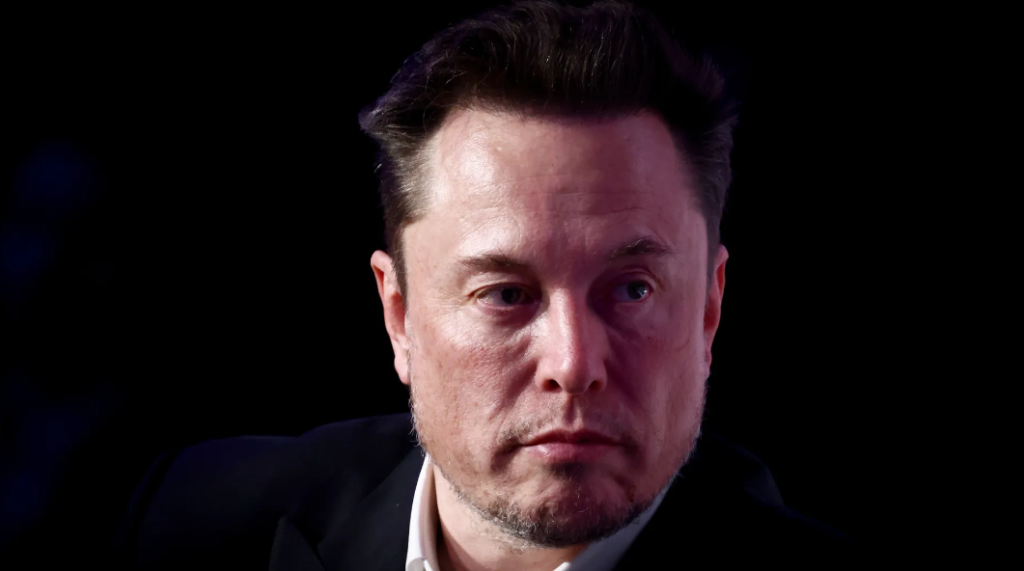Elon Musk became one of the wealthiest people in the world, and a significant portion of his success may be attributed to a compensation scheme that was rejected by a judge for the state court in Delaware. Musk and the Tesla board “bore the burden of proving that the compensation plan was fair, and they failed to meet their burden,” according to the decision that was handed down on Tuesday by the Chancery Court Chancellor of Delaware, Kathaleen McCormick, who presided over the bench trial that was concluded in November 2022.
Musk’s 303 million split-adjusted stock options are currently valued at $51 billion, according to the estimate that was established today. This is before taking into account the comparatively low exercise price of $23.34 per share, which was deducted from the closing price on Tuesday. The court hearing took place in Delaware, which is the state in which Tesla and several other significant companies in the United States were incorporated. On Tuesday, Musk sent out a tweet that stated, “Never incorporate your company in the state of Delaware.” The decision was not immediately met with a response from him, but he did express his opinion.
Additionally, in a following tweet, he indicated that “if you prefer shareholders to decide matters,” the states of Nevada and Texas would be the most suitable locations for incorporating a business. On top of that, he published a poll on X, asking people to vote on whether or not Tesla should change its state of incorporation to Texas, which is the state in which its headquarters are located. Eighty-eight percent of those who responded had not yet cast their vote as of seven o’clock in the morning Eastern Time.
The attorneys representing the shareholders said that the stock option package was excessively generous and that the board members of Tesla were too close to Musk to be able to act in their best interests as independent directors.
Furthermore, they asserted that the financial objectives that Musk needed to accomplish to be eligible for each of the twelve “tranches” of stock were not the “stretch performance goals” that the company had represented to shareholders when it was requesting their approval of the package. This was an allegation that was made by the shareholders. However, they argued that the benchmarks were the same as the company’s internal growth expectations, which the company had previously disclosed to rating agencies and financial institutions.

A statement issued by Greg Varallo, one of the attorneys representing the plaintiff in the case, expressed an amazing amount of thanks for the court’s careful and exceptionally well-reasoned ruling in rejecting the Tesla board’s unreasonably high remuneration for Musk. According to him, the “dilution from this gargantuan pay package erased,” which means that investors in Tesla will be able to realize the rewards of the decision the company made.
Musk and the legal teams representing the Tesla board of directors stated that the remuneration package was authorized by a vote of the shareholders. Even though Musk and his brother’s votes were removed from the total, the pay package nevertheless received support from 73% of the voting shares.
According to what they indicated, the stockholders had seen a parabolic spike in the value of their Tesla shares ever since the gift was made. The market capitalization of the company was $54 billion at the time that the pay package was approved for implementation. It had climbed to $607 billion by the time trading ended on Tuesday, representing a gain of more than 1,000%. Because Musk played a significant role in the rise in Tesla’s valuation, the legal team that was representing the company claimed that his compensation package was appropriate.
Post Source: usatoday.com

























